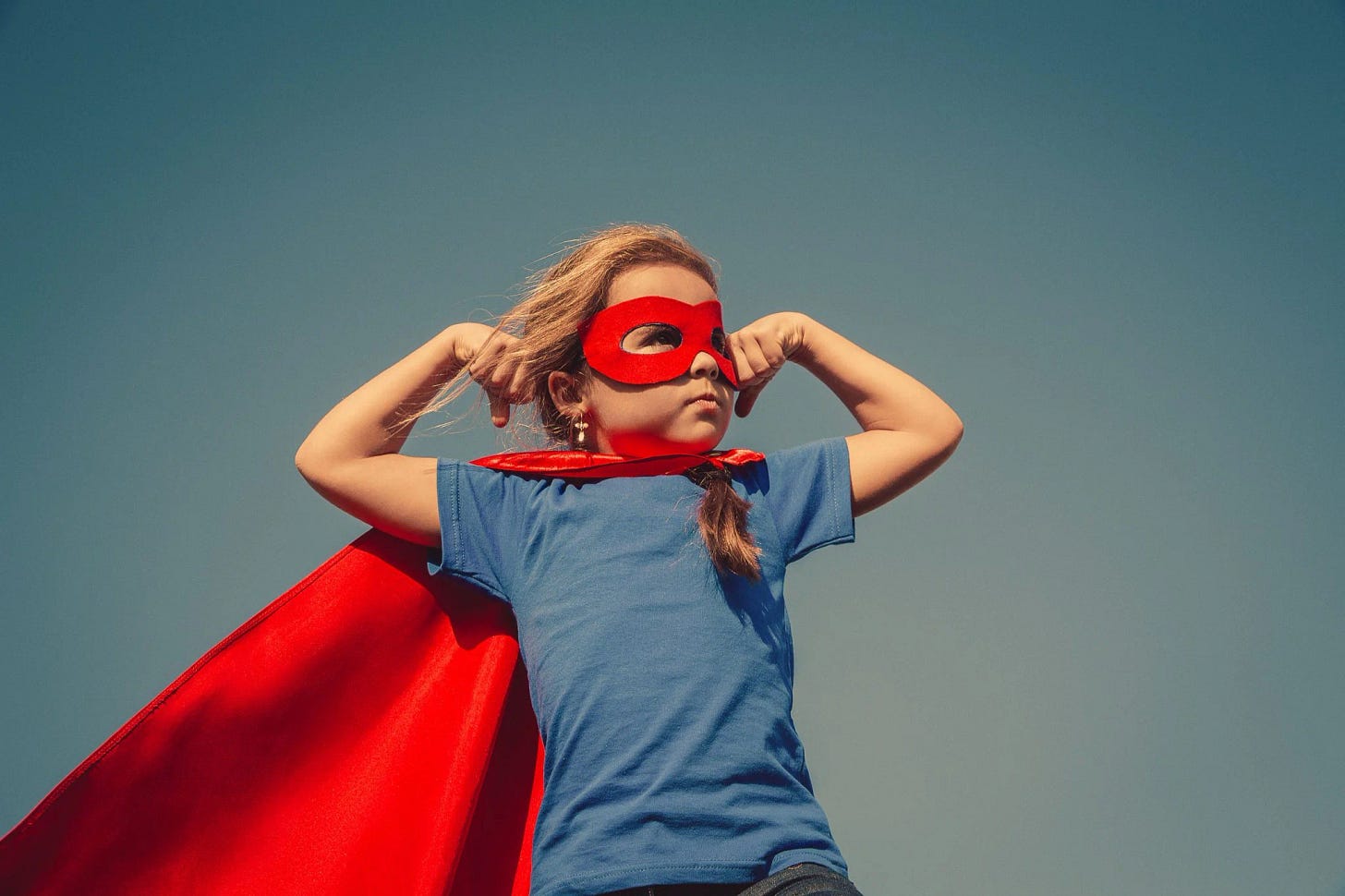For Whom The Courage For?
Fear is perfectly natural because it helps us survive. But what about courage?
Fear is the most natural and fundamental emotion. Every living being, especially those with even the simplest of brains, naturally experiences fear—of everything! Fear is a natural and straightforward defense mechanism against uncertainty and the potential danger of death lurking within it. In nature, it’s incredibly useful. Notice that all animals are skittish. Even massive elephants can be startled by a sudden encounter with a snake or a human. Creatures that are easily frightened and capable of constant vigilance have a better chance of survival. Fear is the most effective trigger for activating the reflexes and mechanisms that protect us. That’s why those who fear survive, reproduce more, and as we see today, we—along with all living beings—are descendants of ancestors who survived because they were fearful and cautious. This is why we are so anxious and filled with fear.
Today’s world is one where we’ve successfully distanced many of the dangers that plagued our ancestors. Thanks to our knowledge and technology, we no longer face the threats that our ancestors did daily, such as being killed by wild animals, starving to death, or facing life-threatening changes in environmental conditions. Over the past few thousand years, especially in the last century, we’ve made incredible advances in food variety, technological convenience, the safety of living spaces, and security. So, in reality, there’s nothing left to fear. Yet, the influence of tension, anxiety, and fears in our lives continues to grow. That’s because the fear and stress management skills that kept our ancestors and all other living beings alive for millions of years don’t just disappear or stop functioning because we’ve been "comfortable" for a few hundred years. Our brains, which work like "stimulus seekers," continue to operate automatically, doing the same thing our ancestors did—identifying any situation that could pose danger or uncertainty and keeping us prepared for potential threats. So what happens when there is no real danger? We end up turning trivial, insignificant concerns into major sources of anxiety, unintentionally blowing them out of proportion and making our lives miserable. We now have countless "unreal" but "genuinely stress-inducing" fears and intense emotions, like those related to careers, money, politics, relationships, jealousy, ambition, thoughts about the future, fear of death and illness. Perhaps these fears always existed, but at no other time in history have real existential threats taken a backseat to such a wide array of other anxieties.
On the other hand, despite sharing the emotion of fear with all living creatures, we possess a unique ability that allows us to confront our fears at certain moments in life. While feeling fear, instead of retreating and taking precautions, we sometimes dare to face that fear and attempt to do something about it. This ability is called courage, and in this form, it’s a trait that no other animal possesses. Like any ability, from an evolutionary perspective, there must be a reason for its existence, and this line of thought opens up an interesting avenue for exploration.
Courage likely made it easier for our ancestors, who had to survive amidst countless difficulties and hardships, to take action in making the world a better place for themselves and improving their living conditions by doing things that seemed "impossible" to those before them. As a result, it’s highly probable that courage facilitated the emergence of many human-specific ideas, from solving the problem of hunger by hunting massive mammoths to creating innovative technological solutions that made life easier in every aspect. In other words, courage is perhaps the most important tool that enables humans to step outside their familiar routines and discover entirely new possibilities. It’s nearly impossible to imagine human development without courage.
For us today, courage is no longer about survival; it’s the most effective tool we have to confront the unnecessary fears and anxieties in our lives. Many of the actions we desire but hesitate to take can only come to fruition with the support of courage. Those who step into an untried path, despite the uncertainty it creates, are often rewarded with progress and development that even they hadn’t anticipated. In this sense, courage is a skill we are "obligated to activate" in every area of our lives where we are dissatisfied. Because without courage, "captivity" begins. While there may be only a single letter "C" separating these two words, the absence of courage—or the choice not to use it—leads us to prefer living in our familiar zone (the comfort zone), which carries the risk of enslaving us to all kinds of limiting emotions and habits, especially our fears and anxieties.
Therefore, showing courage isn’t just the job of movie and novel heroes or a few marginal types among us; it’s the most important responsibility we all share. Because, according to the "use it or lose it" principle, if we don’t use this ability, it gradually leaves us. That’s why it’s immensely beneficial to take some time to reflect on our steps of courage while we still have the chance, to avoid becoming prisoners of our habits and fears.




